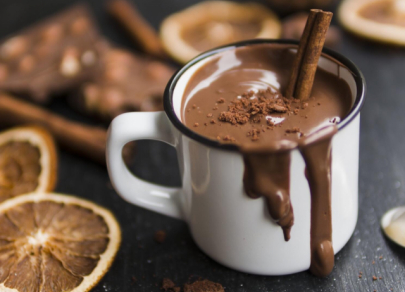
Top 7 winter drinks from around the world
Winter is the perfect time to curl up in a warm blanket and enjoy drinks that bring coziness and holiday cheer. Here are seven winter drinks that are perfect for cold days



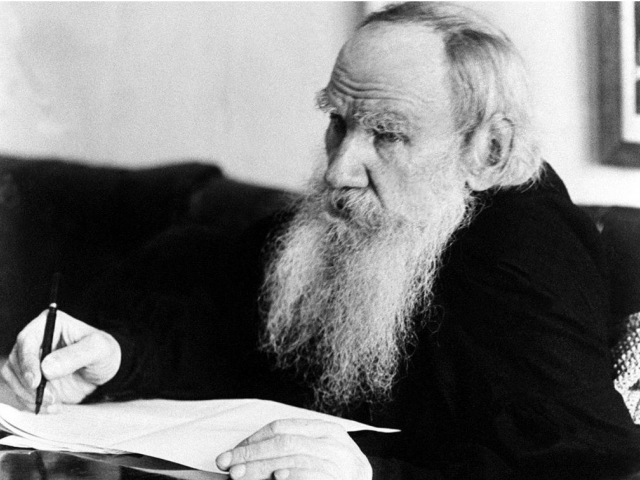
Leo Tolstoy
Leo Tolstoy, one of the most significant Russian writers of the XIX century, was one of the first to establish the odd tradition of refusing a Nobel prize. In 1906, the Russian Academy of Science suggested him as a nominee for the award. However, the writer asked the committee to remove his name from the list of nominees. The reason is his mistrust of the Nobel Committee and his unwillingness to handle the prize money. “It has saved me the predicament of managing so much money, because such money, in my opinion, only brings evil,” Leo Tolstoy explained his viewpoint.
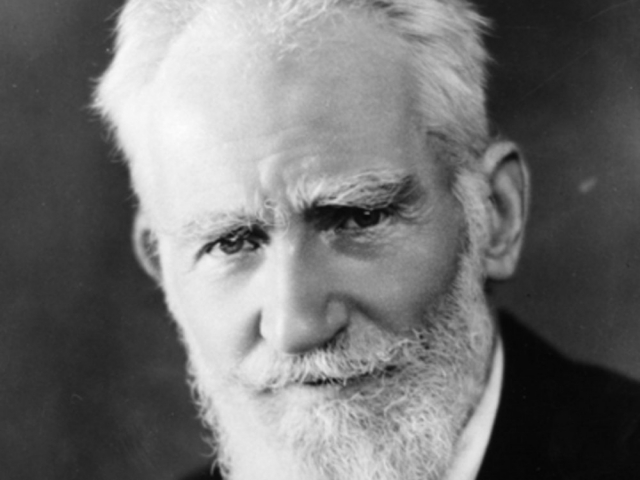
Bernard Shaw
Renowned Irish playwright and writer Bernard Shaw was awarded a Nobel Prize in literature in 1925. The citation praised his work as “… marked by both idealism and humanity, its stimulating satire often being infused with a singular poetic beauty”. However, the writer agreed to accept just the recognition but rejected the monetary part, calling it a handout. The thing is that Bernard Shaw did not publish a single piece of writing and earned nothing in the year of winning the prestigious award.
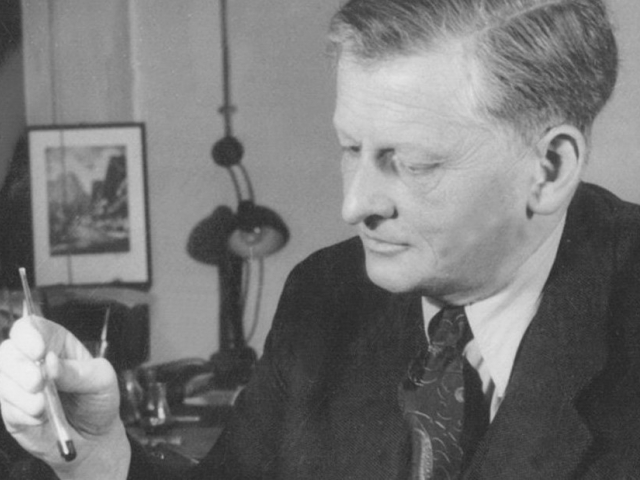
Richard Kuhn
In 1938, German biochemist Richard Kuhn won a Nobel Prize in chemistry. In his research, he looked into the influence of carotenoids and vitamins on the human body. However, he could not enjoy his triumph because Adolf Hitler who had been already in power had forbidden German citizens to receive awards from the Nobel Committee.
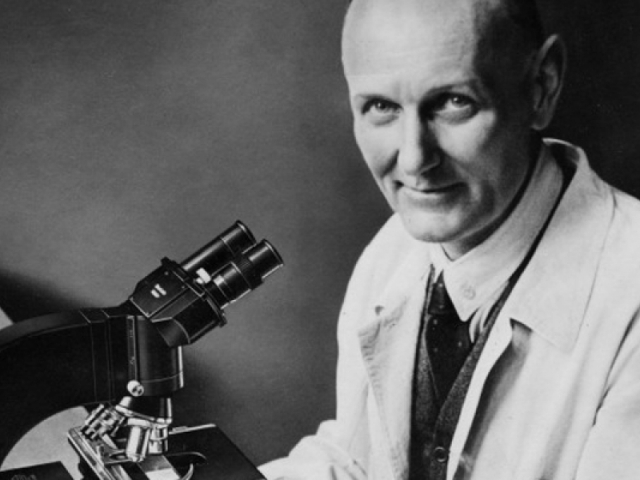
Gerhard Domagk
German physiologist Gerhard Domagk created a few drugs to treat tubercular infections. In 1939, the scientist was awarded a Nobel Prize in chemistry for his discovery of the prontosil drug, the forerunner of antibiotics. The outstanding chemist conducted the first successful therapies for many bacterial diseases. However, the Nobel Committee just recognized his contribution to world science because the winner had to reject the cash prize due to the war.
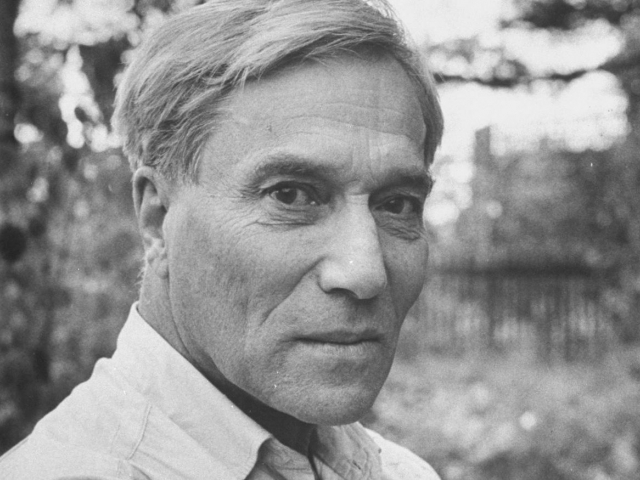
Boris Pasternak
In October 1958, the Russian poet was declared the Nobel Prize winner in literature. However, Boris Pasternak had to decline the award at the behest of Soviet authorities, who had banned his novel Doctor Zhivago. Previously, the Soviet authorities issued a decree which acknowledged the Nobel award as being hostile towards the Soviet Union.
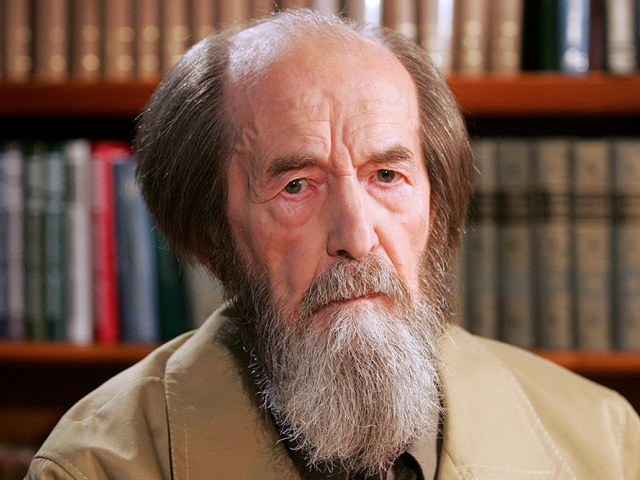
Alexandr Solzhenitsyn
Alexandr Solzhenitsyn is another Russian writer who rejected a Nobel award. In 1970, The Gulag Archipelago novel was praised "for the ethical force with which he has pursued the indispensable traditions of Russian literature". Interestingly, a year before the award, he was expelled from the Union of Writers in the USSR and was slammed in the mass media. Eventually, Alexandr Solzhenitsyn received his well-deserved award in 1974.
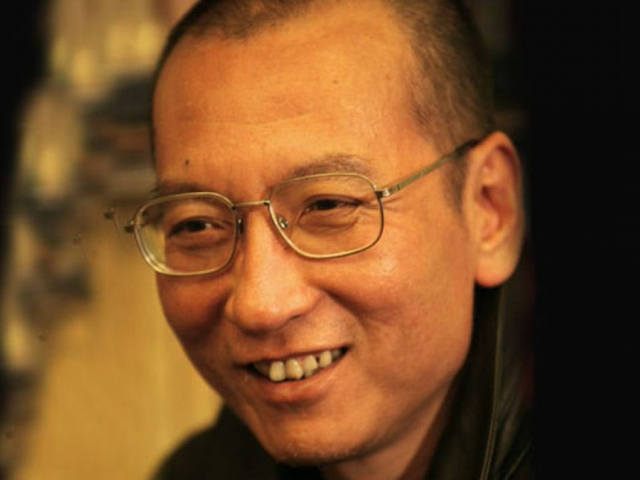
Liu Xiaobo
In October 2010, Liu Xiaobo, a Chinese writer and human rights activist, was presented with a Nobel Peace Prize. He was awarded for his long-lasting peaceful protest and a strong appeal to the global community to deal with painful issues. Sadly, Liu Xiaobo was not able to receive the award because a year before his nomination, the philosopher had been sentenced to 11 years in prison. The prominent dissident died of an acute disease while being imprisoned in China.

Winter is the perfect time to curl up in a warm blanket and enjoy drinks that bring coziness and holiday cheer. Here are seven winter drinks that are perfect for cold days
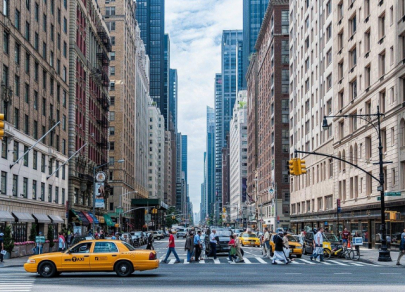
Despite the widespread belief that ultra-wealthy individuals are leaving big cities in search of privacy, most still prefer to live in bustling metropolises, according to the latest billionaire census conducted by Altrata. Let's explore which cities today have the largest concentration of people with a fortune exceeding $1 billion
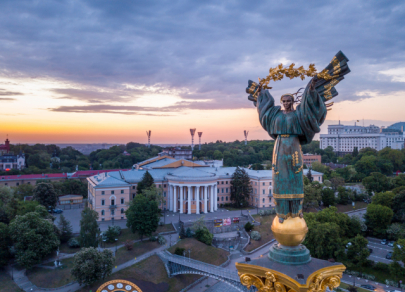
The European Union currently includes 27 member states, but the interest in joining continues to grow, with an increasing number of countries aspiring to become part of the bloc. This article highlights the countries advancing toward European integration and examines where they stand on this path